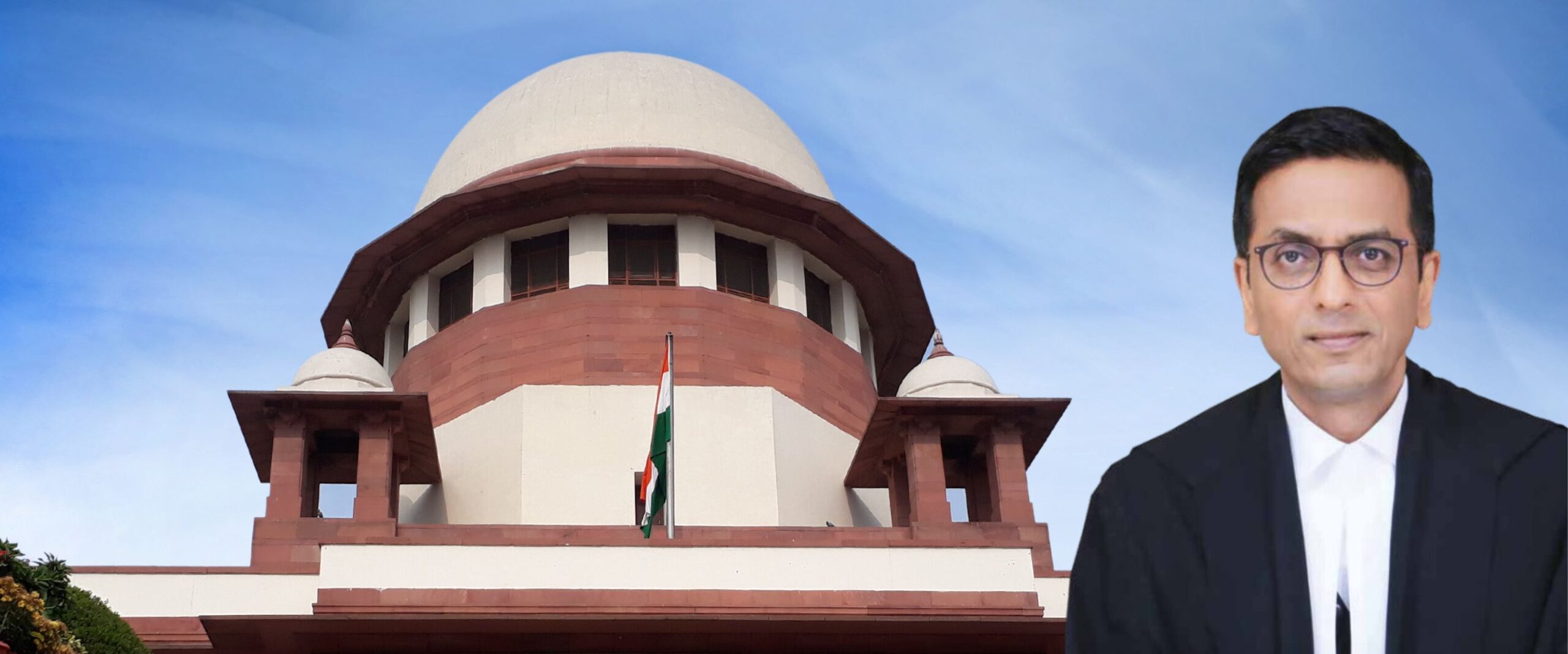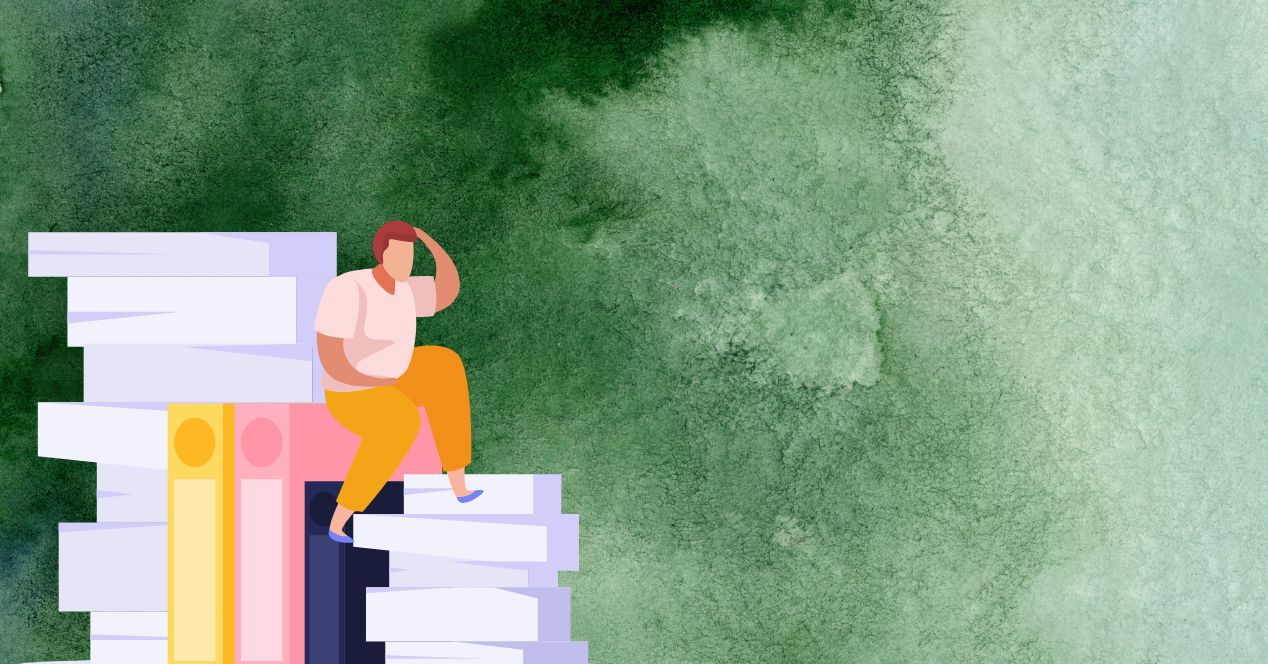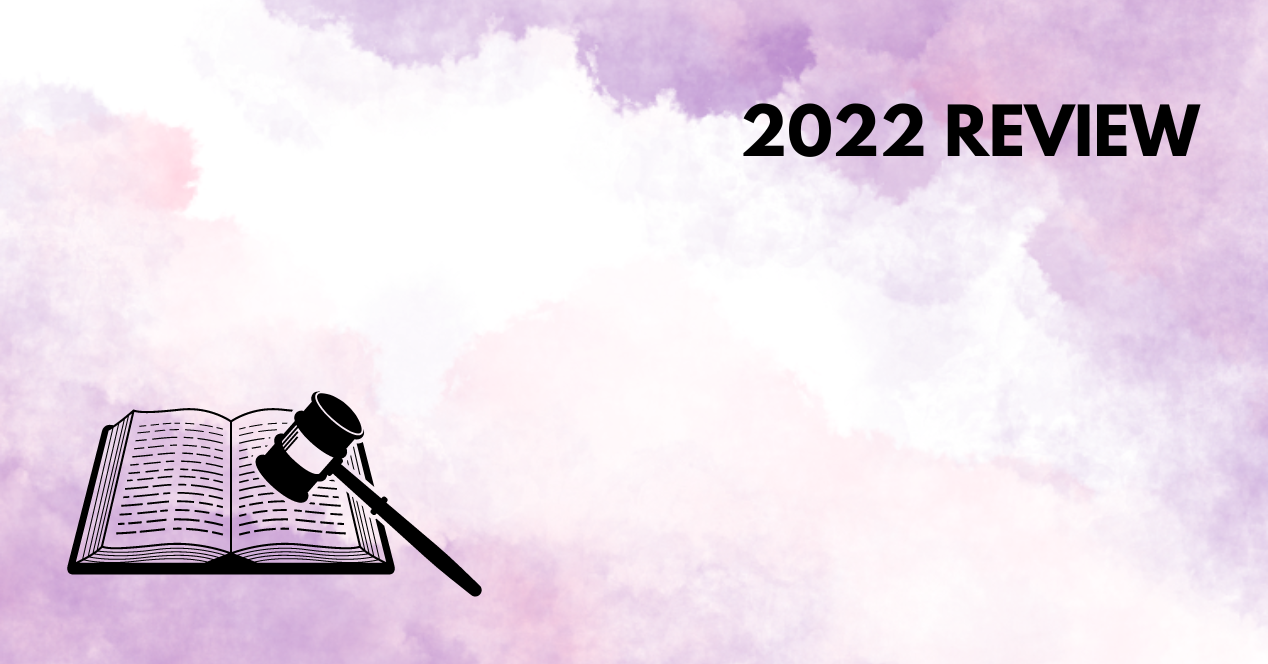Analysis
Constitution Benches to become a “permanent feature” of SC: Chief Justice D.Y. Chandrachud
In 2023, a Constitution Bench has assembled almost each month to tackle matters of public importance

On 20 September 2023, Chief Justice D.Y. Chandrachud expressed his intentions to make the Constitution Bench a “permanent feature” of the Supreme Court. Strikingly, he also expressed his intention to constitute nine-judge benches to look into matters of public importance.
The announcement came just days after the CJI had chastised Advocate Mathews J. Nedumpara, for his contention that Constitution Bench matters are “useless” and “irrelevant” because they failed to consider the interests of the “common man.”
“You seem to be in ignorance of what Constitution Bench matters are,” the Chief stated, while citing the example of the Light Motor Vehicle Driving License case which concerned the “livelihood of hundreds and thousands of drivers across the country.” The Chief advised Nedumpara to “disabuse” his mind from the notion that the apex court only deals with “fancy constitutional matters.”
In 2019, though his plans did not materialise, former Chief Justice Ranjan Gogoi had expressed a similar interest in constituting a permanent Constitution Bench. There was no Constitution Bench activity during the tenure of N.V. Ramana, the last CJI with a tenure exceeding a year (April 2021 to August 2022).
CJI Chandrachud’s announcement comes as a shot in the arm to the seven-judge and nine-judge bench pendency list, which has otherwise remained stagnant. As per the National Judicial Data Grid, there are 21 seven-judge bench and 135 nine-judge bench matters currently pending (the figures include both main and connected matters).
Krishna Kumar Singh, an Advocate on Record, told Supreme Court Observer that he was hopeful that “five-judge bench matters would become common.” Nine-judge benches, however, are a different cup of tea. Singh said that he wouldn’t be surprised if those will take up to “five to ten years, or even more than that to be decided” because of how logistically complex it is to put together nine-judge hearings. Singh is the AOR in the Sabrimala Review petition which is currently waiting to be heard before a nine-judge bench. Since 1950, the Supreme Court has delivered only 17 verdicts in nine-judge bench matters.
Expectedly, in the first 25 years of India becoming a republic, Constitution Benches convened frequently to decide matters of public importance. The high point came in the first half of the 1960s when Constitution Benches decided an average of 134 cases. That figure had dropped to 6.4 in the second half of the 2000s.
Contrast that with 2023, where the Court has been hearing Constitution Bench cases with a newfound alacrity. In the first half of 2023 alone, Constitution Benches assembled 55 times and delivered 13 judgements—easily among the most active they have been in a decade.
As of July 2023, the pendency of five-judge cases, which was 43 at the beginning of the year, was down to 33*. In light of the retirement of Justices S.R. Bhat and S.K. Kaul in October and December 2023 respectively, we can expect to hear judgements in the plea for marriage equality and the Article 370 challenge, leading to a further drop in the number of pending cases.
Observers have pointed out that a permanent Constitution Bench could have some unintended effects on pendency. Some concerns include the amount of time they take, the number of judges they occupy, and the fact that they hinder smaller benches from convening simultaneously.
But others believe that these criticisms miss the forest for the trees. “Constitution Bench matters have to be decided at some point because it affects a large number of people,” Jasmine Damkewala, Advocate on Record, said. “Once a law is laid down in a particular Constitution Bench matter, it will be applicable to 50, 100, 200 litigants.” In other words, multiple cases can be disposed of on the back of a single Constitution Bench verdict. To support her point, she gave an example of the “irretrievable breakdown of marriage” decision which had a far-reaching impact on many pending divorce cases.
Damkewala is involved in the Parsi Excommunication Case, which is currently tagged with the Sabrimala Review petition and the case relating to the excommunication of members from the Dawoodi Bohra community—all three matters concern the question of essential religious practices.
On the same day that the Chief declared his intention for a permanent Constitution Bench, he announced the timetable for the next couple of months. In October, a Constitution Bench will hear the Assam National Register of Citizens matter. The matter relating to the validity of the extension of SC/ST reservations in the Lok Sabha and state legislative assemblies will be heard in November. The Court had said it would take up both these cases a few hours after reserving judgement in the Article 370 challenge, which was heard over several weeks of intense proceedings.
If the CJI’s plans reach fruition, it’s expected that several critical, high-profile matters such as the constitutionality of the sedition law, and the challenge to the Union’s Ordinance over ‘services’ in the National Capital will receive focussed, intensive hearings over a predetermined time period.
*This figure includes only main matters




